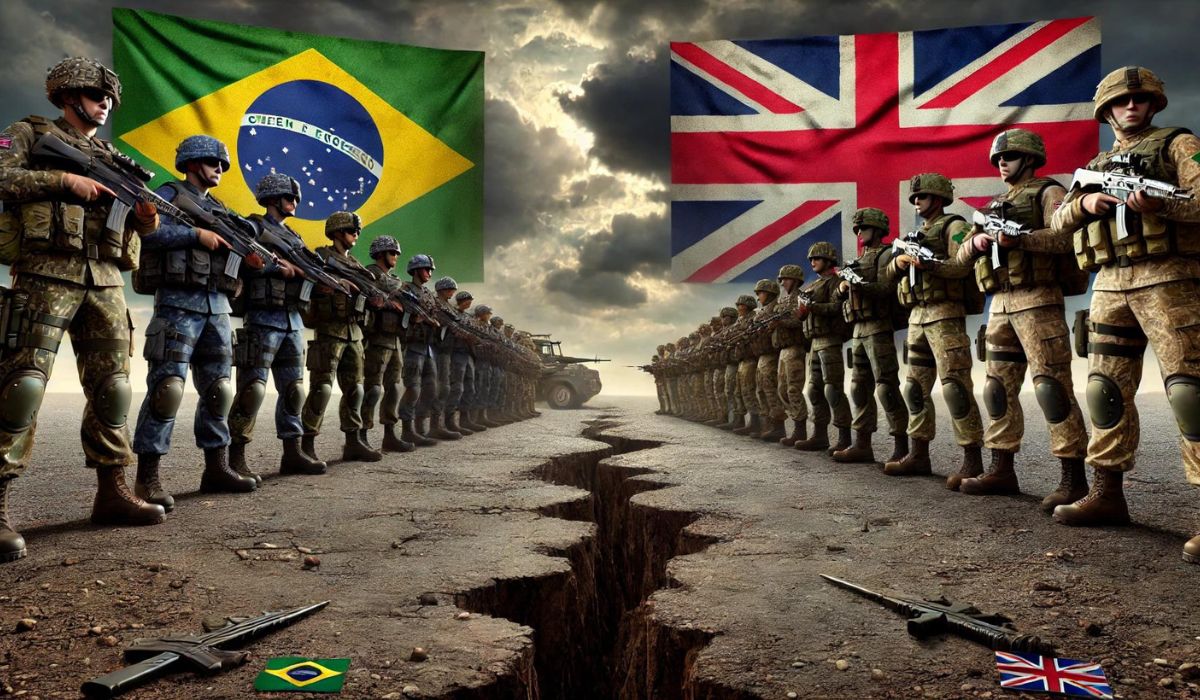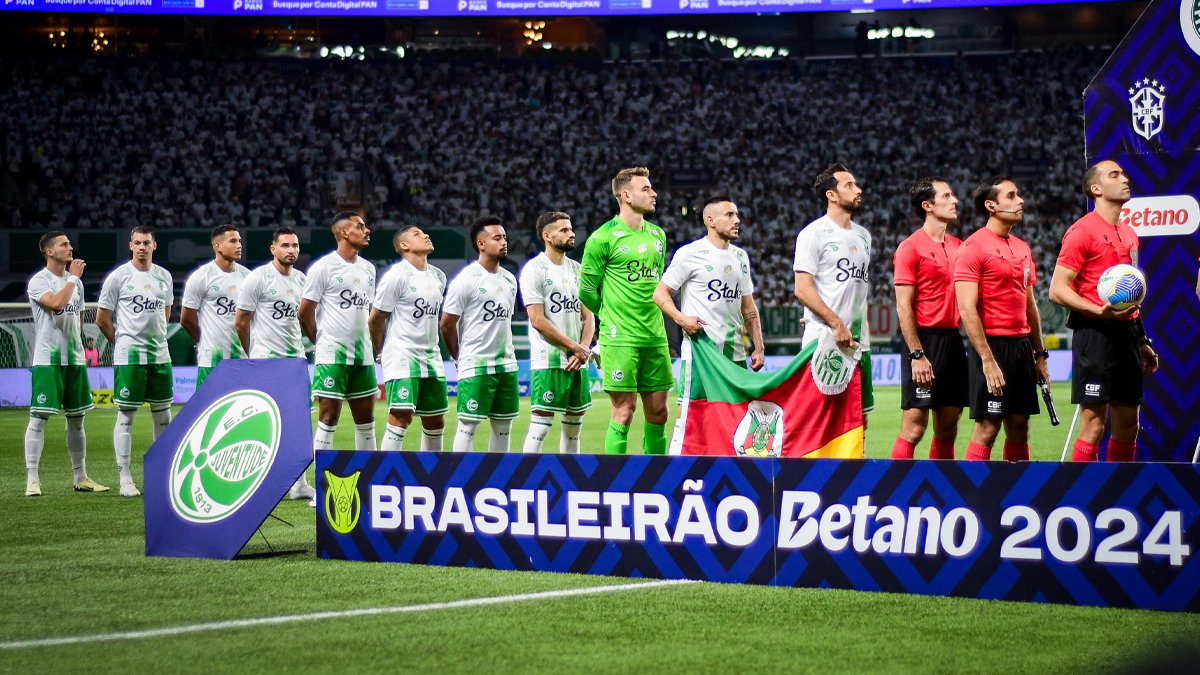On Wednesday afternoon (6/19), the Secretariat of Innovation, Science and Technology (Sict) and the State Council of Innovation, Science and Technology discussed the proposals put forward by the Working Groups (GTs) for the reconstruction of the southern Rio Grande related to the climate emergency. Each of the technical teams selected a rapporteur, who presented the topics covered and suggestions for initiatives It will continue to be discussed at future council meetings.
The procedures are in line with the four axes Rio Grande Plan: Emergency, reconstruction, Rio Grande do Sul future, mapping resource opportunities. The major technical teams are composed of different actors from the Gaucho STI system, linked to universities, innovation ecosystems and other institutions. The Sict organizes the work flow and the State Council is responsible for collecting the resulting proposals into GTs and liaising with the Rio Grande Plan managers.
Sict President Simon Stolp highlighted the group’s involvement. “I am happy to see the strength of our academy and innovation system reflected in the results of the GTs. We can think of projects that will overcome the crisis and reposition the country, which can position us as a reference in the context of climate change and allow us to make this moment an opportunity.”
emergency
With a focus on short-term actions, the GT Emergency Plan listed three priority dimensions. The first includes initiatives in the areas of health, family support and security. The second axis deals with actions in the environmental field, with a focus on climate services, land protection and use, and data platforms. The third dimension, which explores the economic axis, presented procedures for mapping requirements, mapping available resources, employing affected people and training people.
Reconstruction
The Reconstruction Group, which focused on medium-term actions, was devoted to discussing five main topics. The first is the development of an ecosystem for prevention, analysis and decision-making on crisis elements, while the second is sustainable spatial planning for resilient and adaptive reconstruction.
In addition, the group has introduced initiatives in green energy infrastructure and water resources management; in diagnosis, recovery and the new matrix of economic, environmental and social development; In education and awareness.
Rio Grande do Sul do Futuro
The Rio Grande do Sul do Futuro GT addressed three long-term initiatives. The first relates to sustainable economic development focusing on agribusiness, economic incentives and investment attraction, as well as long production chains and the business and innovation ecosystem.
The second initiative prioritizes combating climate change through a robust database, state services, a networked water management system and adapted legislation. Finally, the third axis covers education and health, with a focus on environmental education and health education.
Resource opportunity mapping
The Resource Opportunity Mapping Group brought together four thematic subgroups to discuss fundraising. The first, on the governance and management of the Rio Grande Plan Fund, proposed the creation of a platform for communicating, mapping, and prioritizing requests, projects, and investments.
The second subgroup worked on transparency and accountability (accountability-related practices) regarding the application of resources, focusing on software with blockchain technology (a database mechanism that allows transparent sharing of information) to record transactions.
Next, the third sub-group addressed monitoring and impact evaluation, highlighting the formation of the monitoring and evaluation committee for supported projects. The four subgroups dealt with strategies for attracting new resources, focusing on the narrative of the RS protagonist.
Text: Jessica Moraes/ASCOM Sect
Editing: Rodrigo Toledo France/SECOM

“Hardcore beer fanatic. Falls down a lot. Professional coffee fan. Music ninja.”






More Stories
Virada ODS, adjacent lands, more vacancies and science award
The Science and Technology Award in Public Relations is accepting applications
Public Health Competition in Maracaju: 65 vacancies with salaries ranging from R$ 2,100 to R$ 11,000!